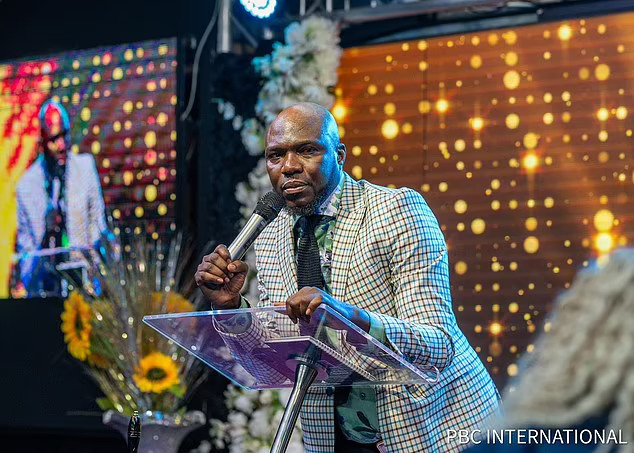On Sunday the world celebrated International Day of Happiness. It was Bhutan’s Prime Minister Tshering Tobgay that proposed a World Happiness Day to the United Nations in 2011 and launched this international focus on happiness.
We all want to lead a happy life and want the people we love to be happy too. But as a society we are not giving enough time to this priority. Despite decades of economic growth we are not happier now than we were 60 years ago.
We need to rethink our priorities. A happier world is possible and our actions make a real difference. While Africa has made tremendous economic progress over the last two decades, its people are amongst the unhappiest in the world.
Over the next decade, African leaders should focus more on what makes people happy. Our action for happiness pledge should be: “I will try to create more happiness in the world around me”.
What makes a country happy? Is it wealth, freedom or a trustworthy government?
According to the latest World Happiness Report, compiled by the Sustainable Development Solutions Network for the United Nations, all these factors are key and measuring happiness is fast becoming a good measure of social progress.
Six key factors were measured to establish a global ranking of the happiest countries: GDP per capita, social support, healthy life expectancy, freedom to make life choices, generosity and perceptions of corruption.
Happiness is a better measure of human welfare than measuring education, health, poverty, income and good government separately. There are at least seven key ingredients of happiness: People who live in the happiest countries have longer life expectancies, have more social support, have more freedom to make life choices, have lower perceptions of corruption, experience more generosity, experience less inequality of happiness and have a higher gross domestic product per capita, the report shows.
“Measuring self-reported happiness and achieving well-being should be on every nation’s agenda as they begin to pursue the Sustainable Development Goals,” said Jeffrey Sachs, the report’s co-editor and director of the Earth Institute at Columbia University, in a statement. “Indeed, the goals themselves embody the very idea that human well-being should be nurtured through a holistic approach that combines economic, social and environmental objectives.
“Rather than taking a narrow approach focused solely on economic growth, we should promote societies that are prosperous, just and environmentally sustainable.”
Only five African countries rank among the top 100, and eight of the last 10 are in Sub-Saharan Africa, having ranked very low on some of the key factors that lead to happiness. Surprisingly, Zimbabwe is ranked 131 out of 157 countries above Botswana, Angola and Tanzania, among others. The report confirms that happiness encompasses more than just money.
Social support, health and well-being, generosity and freedom to make life choices matter a lot to people. Perhaps this is the reason why Zimbabwe ranks above so many African countries that are a lot wealthier than us.
Over the last two decades, the economic hardships in Zimbabwe have brought its people closer together while the quality of life and infrastructure makes it better than many African countries.
During the period of hyperinflation, it was Zimbabweans that coined the phrase “make a plan”. People came together to support each other in extremely difficult conditions confirming that happiness means a lot more than money, it’s about social support, generosity and freedom.
Algeria ranked 38th on the index and is the happiest country in Africa. GDP per capita played a big role in this ranking followed by social support. Followed by Mauritius, which is ranked 66th due primarily to its per capita GDP.
Just beneath Mauritius on the global list is Libya, ranked 67th with per capita GDP contributing slightly less to people’s happiness than Mauritius.
Somewhat, another surprise is Somalia, which is ranked fourth in Africa, due to social support and freedom to make life choices, rather than per capita GDP. Tunisia (98), Nigeria (103), Zambia (106), Namibia (113), Ethiopia (115) and South Africa (116) make up the top 10 countries in Africa. In most cases it was social support and freedom to make life choices that mattered most to Africans.
While countries such as Algeria and Mauritius ranked reasonably high on the global list, eight of the last 10 globally are in Sub-Saharan Africa: Madagascar, Tanzania, Liberia, Guinea, Rwanda, Benin, Togo and Burundi, which is at the very bottom of the list and ranked worse than Syria and Afghanistan.






